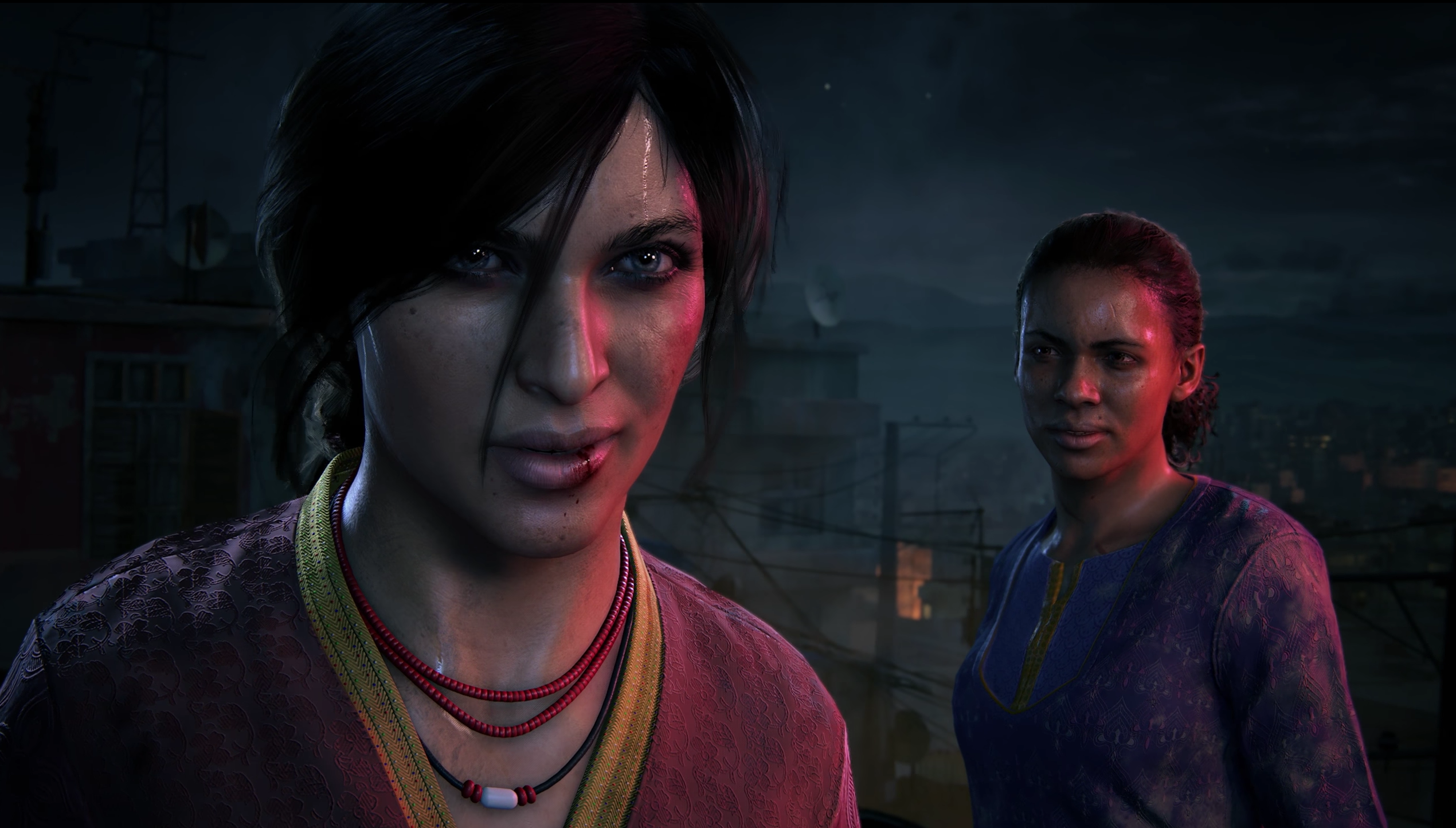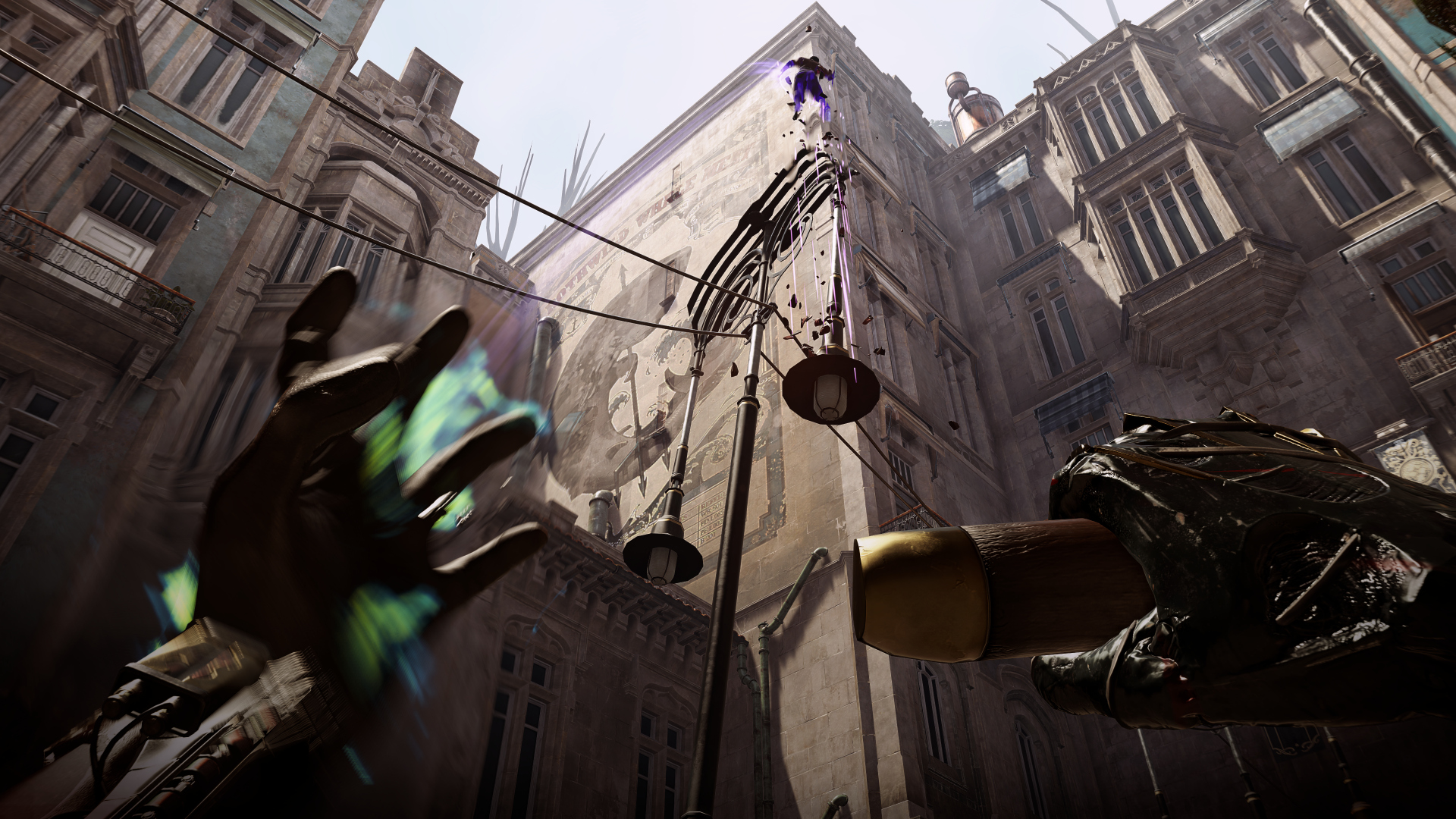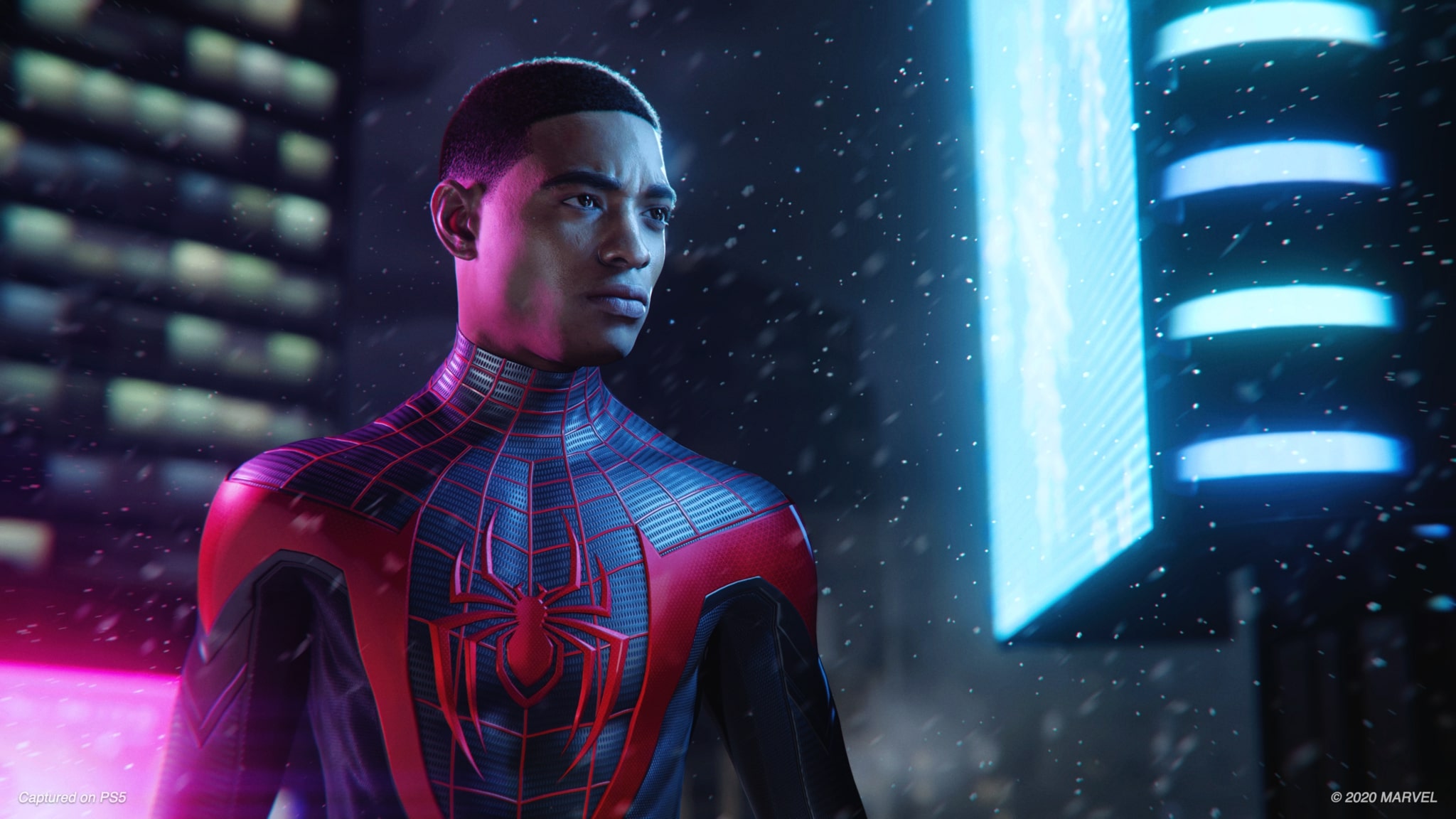Spider-Man: Miles Morales may be a standalone expansion, but that smaller scale is often ideal for interactive storytelling
Standalone expansions like Spider-Man: Miles Morales usually make for pacier stories free of video game bloat

The standalone expansion is that rarest of beasts; a game industry business practice that usually improves, rather than undermines, the quality of the underlying experience itself.
Typically categorised as smaller, isolated spin-offs to a main instalment in a series, these games are usually too big to be released as add-on DLC, but not big enough to be pitched as a fully-fledged sequel. They consequently present a format that allows AAA studios to be more creative with their storytelling, but also more disciplined, with leaner, pacier plots that rarely outstay their welcome.
Recent examples of this include Uncharted: The Lost Legacy, Dishonored: Death of the Outsider, and (looking back slightly further) Assassin's Creed: Freedom Cry. All three promoted former side-characters to full-on playable protagonist status, offering new perspectives in a familiar universe, and adapting gameplay accordingly. As a result, they look and play like fresh experiences that, more importantly, tell stories with a distinct beginning, middle, and end, each coming in around seven to ten hours in length.
Short and sweet

"Brevity is the soul of wit" writes Shakespeare in Hamlet, the longest play he ever produced. It's a pretty apt reflection of the irony that writers are the people who understand the importance of concision better than anyone, yet are also those most likely to indulge in the false charms of verbosity. The axiom applies to video games, too. As much as some in the industry don't like to hear it, video games are, quite often, too long, prioritising value for money at the expense of established maxims about pace, plotting, and structure.
That problem is, partly, a byproduct of the medium itself. Due to a myriad of factors, video games have a much higher entry cost than other forms of entertainment, and audiences thus expect the amount of content included to reflect that. As a result, developers flesh out their worlds and stories with countless side stories, non-sequiturs, and overextended sequences to keep the player invested, but not necessarily engaged.
But I'd argue that no story is better than one that's needlessly dragged out, and – like Shakespeare stubbornly sticking to his iambic pentameter – video games would be wise to embrace self-imposed constraints as a way to maintain a consistency of quality, and not end up a bloated hodgepodge of good and bad. It's here where standalone expansions can offer themselves up as a useful structural tool.

"Insomniac not only now has the architecture in place to build any kind of Spider-Man game it wants, but the political capital at PlayStation to do it."
Which brings us nicely to Spider-Man: Miles Morales. When the upcoming PS5 game was announced, many rightly assumed Insomniac's latest title was a full sequel to Marvel's Spider-Man, but a poorly worded comment from a Sony executive later suggested it would be DLC included with a remastered version of that 2018 title. Insomniac quickly clarified that Spider-Man: Miles Morales was a "standalone game" where players would "experience a full story arc with Miles, one that’s more akin to a game like Uncharted: The Lost Legacy in terms of overall scope."
Weekly digests, tales from the communities you love, and more
That wasn't the news that all fans necessarily wanted to hear, and while I understand the legitimate concerns over relegating a Black character's story to standalone expansion status, there's every potential that Miles Morales' game could be greater than that of Peter Parker's, precisely because of the tighter structure and more intimate scale afforded by the scale of the game's design.
Insomniac has already talked about how, like that of Death of the Outsider and Freedom Cry, it's using the opportunity of a new character to bring contextual twists on its established gameplay. Miles has only been Spider-Man for a few months when the game begins, for example, and that'll be reflected in the way he plays, his mobility more unpredictable than Peter's as he continues to learn the ropes of the superhero lifestyle.

New York City itself will also look and feel radically different, with the game focused on one specific season, Winter, blanketing the open world in sparkling snow and ice. While we don't know much about the story beyond that, I'm already intrigued by Insomniac's focus on a specific period in Miles' tenure as Spider-Man, and what that could mean for a more self-contained story which isn't so much concerned with world-building as it is examining the heart and soul of this important character in the Marvel pantheon.
While I enjoyed Spider-Man PS4 immeasurably, its rogues' gallery of villains sometimes felt overcrowded, drawn from a need to liven up the 20-hour story with new boss fights and side-quests in the late game chapters. Spider-Man: Miles Morales, conversely, shouldn't need to bring in as many antagonists to plump out that core narrative, instead using its limited screen time more wisely to tell a story without a hint of flab.
Taking a stand
There's a few unsubstantiated rumours going around that suggest Sony is pushing Insomniac to get Spider-Man: Miles Morales out in time for the PS5 launch later this year, thus forcing the studio to reign in the game's scope for something more akin to a standalone spin-off than a full sequel. Frankly, I struggle to see the plausibility in that argument.

Insomniac not only now has the architecture in place to build any kind of Spider-Man game it wants, but the political capital at PlayStation to do it. Spider-Man PS4 sold, and continues to sell, incredibly well, so much so that Sony acquired the studio soon after its release. Even if there was any micromanaging from above for that first title, I imagine the team has now been given a fair degree of carte blanche for its follow-up, trusted at both PlayStation and Marvel Games to create this new story on its own terms.
With the proven infrastructure in place, the popular mandate to build on its new take on this classic comic book character, and the working relationships with its partners established, Insomniac is in a prime position to make exactly the game it wants to. Yes, from a business perspective, the standalone expansion format also happens to make sense, allowing Insomniac to finish up Spider-Man: Miles Morales in a short turnaround while also developing Ratchet & Clank: Rift Apart, but don't mistake the studio's shrewd working structure for cynical economics.
Could it have been a full blown sequel? Maybe, but I'm far more excited to see what the studio comes up with when it strips away the bloat, distills the story to its most important rudiments, and gives us something that makes every second of screen time count.
For more, be sure to check out all the biggest upcoming games of 2020 on the way, or watch the trailer for Spider-Man: Miles Morales below.

I'm GamesRadar's Features Writer, which makes me responsible for gracing the internet with as many of my words as possible, including reviews, previews, interviews, and more. Lucky internet!




